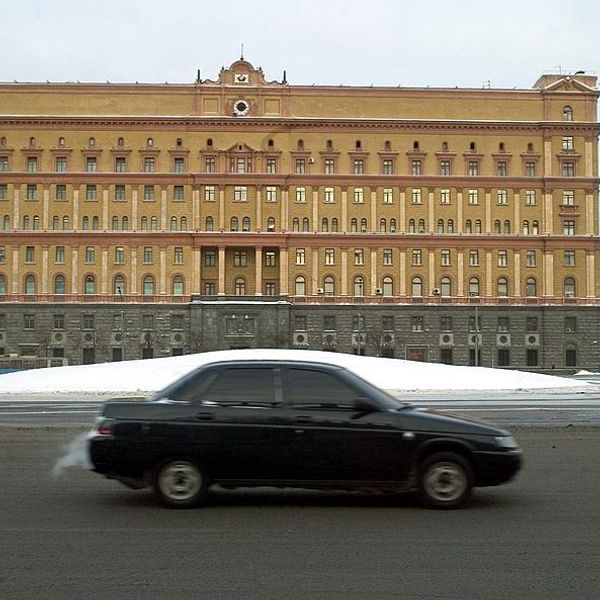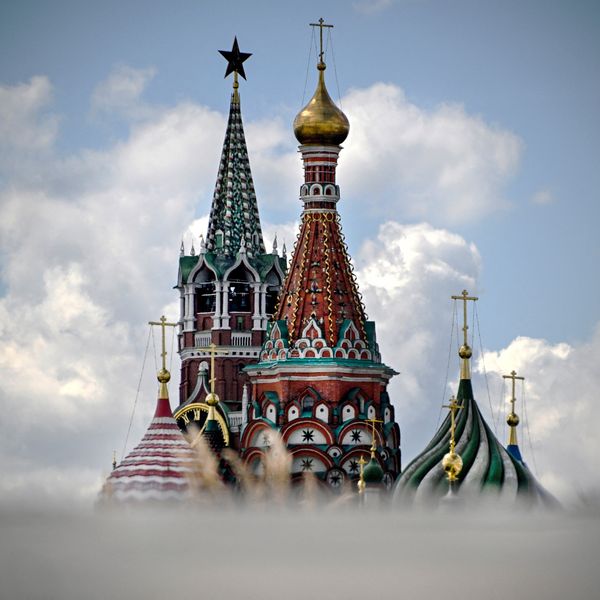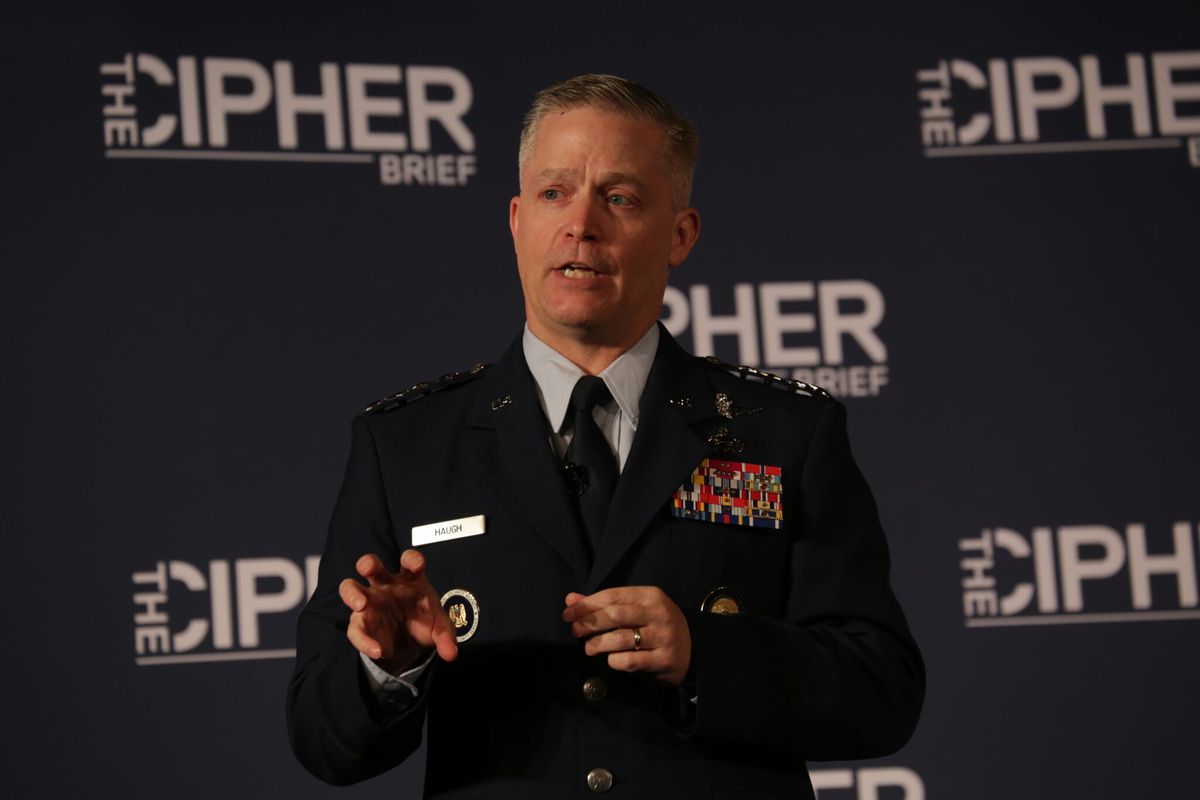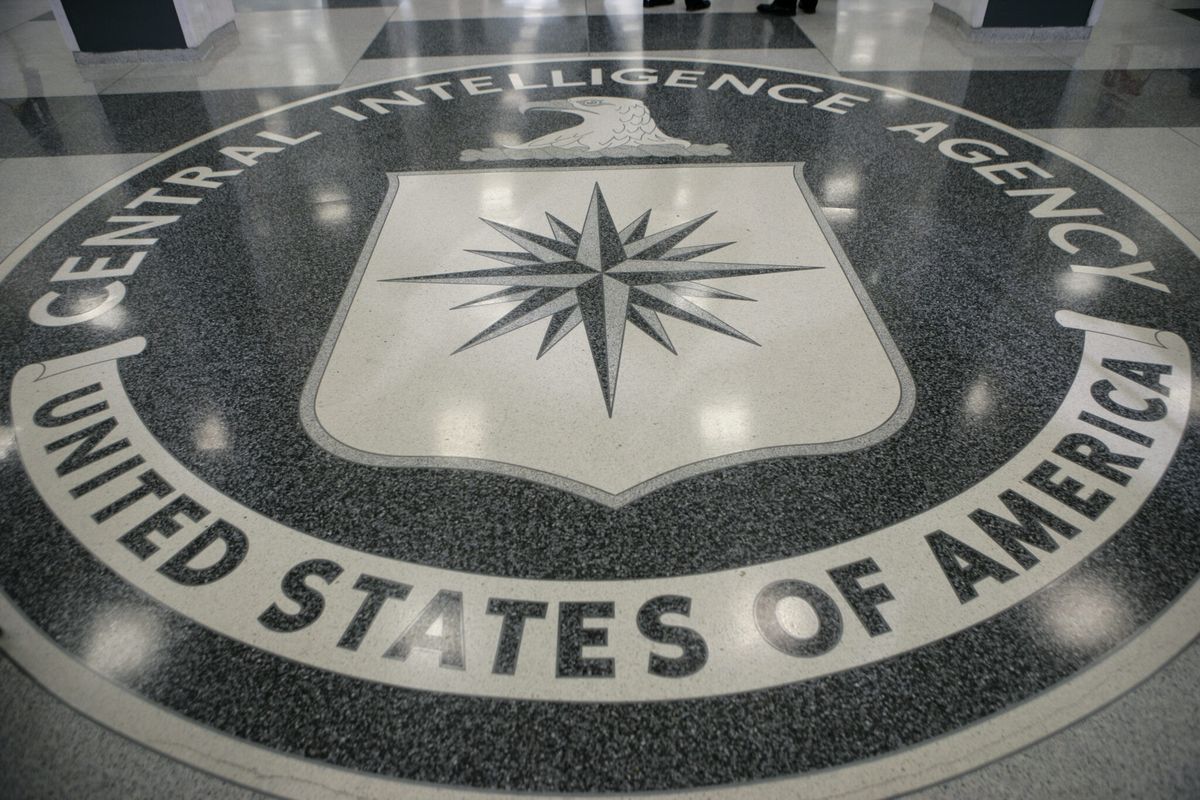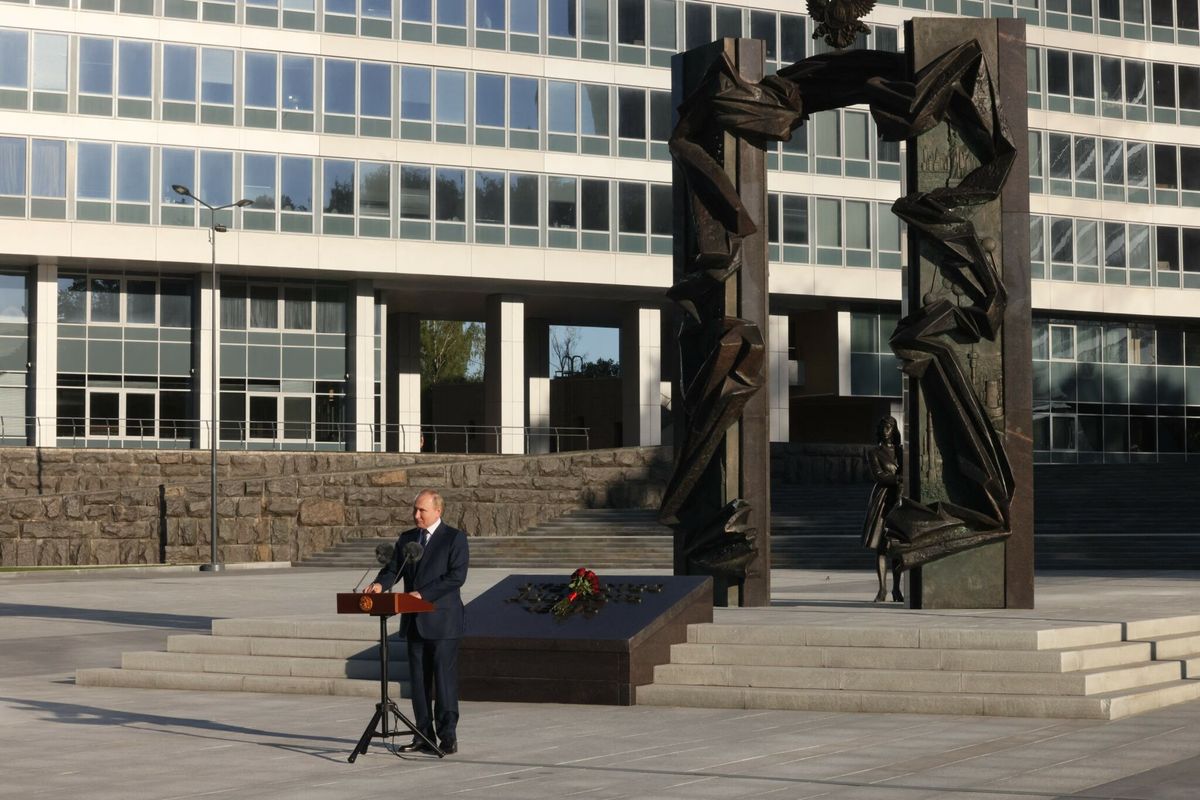Amid ongoing debate over encrypted communications, hinging, as it does, on striking a balance between the need to defend America and the need to ensure that in so doing we do not undermine the principles that are America, it is worth recalling where this all began. And it all began with treason. Whatever Edward Snowden’s intent when he started stealing classified information from the National Security Agency (NSA) in 2012, the direction of his flight the following year, first to China and then on to Russia, should leave no doubt that he is a traitor to his country. Yet, in contrast with other notorious traitors in American history, men ranging from Benedict Arnold though Aldrich Ames and Robert Hanssen, whose perfidy was apparent to their countrymen from the outset, Snowden has not been branded with the opprobrium he has earned. The chief reason for this is the myth that has taken root amongst the uninformed, misinformed, misguided, and malevolent that his actions were somehow well-meaning, even patriotic, that they served some greater good, and that those actions did no real damage to U.S. national security. The reality of what Snowden wrought is, however, quite different.
- Snowden’s actions have increased the risk to America and its allies from radical Islamic terror. As noted in a 2014 Henry Jackson Society study and, more recently, by former Deputy Director of NSA Chris Inglis, al Qaeda and ISIS have taken note of the information Snowden divulged and adapted their methods of communication and operation accordingly. The greatest single advantage we have enjoyed over our murderous adversaries has resulted from the post-9/11 revolution in intelligence affairs, that is an ability to employ technology to collect, process, analyze, and action intelligence at unprecedented rates. Snowden’s revelations have diminished that technological edge by granting our enemies significant insight into our capabilities and modus operandi. There should, therefore, be no doubt that responsibility for any resulting deaths will lie in no small measure with Edward Snowden.
- Snowden’s actions will impact the effectiveness of U.S. and allied intelligence agencies for years to come. While we know Snowden accessed at least 1.7 million files, we cannot be sure exactly what and how much material Snowden actually stole, and what he did with it. This makes assessing the damage he inflicted, much less dealing with the implications of that information being in hostile hands, immensely difficult. In addition, that lack of precise knowledge confers great benefit on our adversaries, advantages Russia, China, and Iran, amongst others, will surely exploit. In that Snowden is a defector in the care of what remains our most capable intelligence opponent, we should anticipate that any information gleaned from him will be used by his Russian “hosts” against us in the most damaging manner possible.
- Snowden was not motivated by concerns over purported mass surveillance of American citizens by the U.S. government. His claims of such an altruistic motive are belied by the fact that the bulk of the data he took—more than 90 percent of it—had absolutely nothing to do with programs even remotely construable as related to surveillance of his fellow Americans. The reality is that we do not yet know what motivated Snowden. What we do know is that he knew enough about the information he took to understand that he was inflicting potentially grave damage on our country. Snowden was, and remains, a narcissistic turncoat, not a hero.
- Snowden is not, and never was, a whistleblower. There is no evidence Snowden exercised any of the many avenues open to him to register concerns he claims to have harbored about the propriety or legality of NSA activities or operations. Indeed, the surreptitious nature of Snowden’s actions, involving as they did the clandestine theft of vast swaths of highly classified data, secret contacts with the journalists assisting him, and his decision to flee rather than address his professed disquiet forthrightly, are indicative of quite another motive for his deeds. Finally, the degree to which Snowden’s assertion of whistle-blower status is seen as credible will serve to undermine whistle-blower protection as a whole, as future leakers and spies seek to emulate him by using it to cover their illicit activity.
- Snowden’s actions left the clear impression that U.S. intelligence is unable to protect secrets. This is no small matter as those who would share their secrets with us, be they other intelligence services, patriotic Americans, or foreign agents whose lives and well-being are at stake, will not do so if they believe their secrets cannot be protected. The precise extent of such damage to the professional repute of U.S. intelligence is hard to calculate but will surely evidence itself in terms of future intelligence collection opportunities lost.
- Snowden’s breaking of his oath of loyalty betrayed the trust of the American people. Those working in the U.S. Intelligence Community well understand the challenges inherent in working secretly to protect the greatest democracy the world has ever known. They also take most seriously the trust placed in them by the American people to keep faith with American democracy while defending it. That trust is embodied in the oath of loyalty and secrecy taken by all entering into service in this secret world. Snowden broke his oath and in so doing broke faith with the country and people he had sworn to protect.
On more than one occasion when I briefed the Snowden case to senior officials early on, I was told it was not going to be a big deal, and that it was largely a political matter. While I responded in each instance that this was not correct, such judgments were indicative of the irresolute nature of the U.S. Government response to Snowden’s treason. There was little to no attempt outside the Intelligence Community – a January 2014 speech by the President aside – to rebut the deceitful narrative propagated by Snowden, his accomplices, and those who sought to exploit a false version of the affair for political gain. According to that narrative, which quickly took hold in the public mind, NSA was engaged in widespread, unlawful surveillance of U.S. citizens, to include opening their e-mails and listening in on their phones calls. In the absence of a robust official rebuttal of such untruths, debate thereafter focused almost exclusively on the propriety of supposed NSA activities and not on condemning Snowden.
This official irresolution and apparent discomfort with defending intelligence programs manifested itself in several areas, to include:
- Unilateral curtailment of lawful and effective collection programs. Self-imposed restrictions on collection serve only to limit the amount and quality of intelligence collected. They do nothing to garner goodwill from the target. As to the argument made that we ought not collect on allies, we need to collect on certain allies in order to ensure they remain allies and to help protect them as well as ourselves. Furthermore, intelligence services of all countries collect information on ally and adversary alike.
- Efforts to extend some of the privacy rights conferred on U.S. citizens to foreigners. U.S. intelligence agencies were created to collect intelligence on foreigners, to steal their secrets, and to detect any threat they might pose. Foreign intelligence services understand this mission as they exist for like purposes. Granting foreigners privacy rights akin to those of Americans may well assuage the consciences of those uncomfortable with spying. But such measures will also impede or complicate collection of the intelligence necessary to inform policy and neutralize threats, thus increasing the risk to both the U.S. and its allies. Finally, as our adversaries are not limited by such niceties, self-imposed constraints only put us at relative disadvantage.
- Attempts to placate adverse foreign reaction to Snowden’s revelations by providing foreign governments with ever more information in response to them, thereby fuelling rather than allaying concerns the provision of such information was intended to calm. When a spy flap occurs, foreign governments know their public expects them to respond with outrage and to demand answers. But they don’t really expect or, in most cases, want an answer. What they want is to be able to say they asked and that the U.S. said no.
- Failure to defend exposed collection programs by extension negatively impacted U.S. businesses, making them less likely to willingly cooperate with U.S. intelligence on such national security endeavors in future. The publicity surrounding the Snowden revelations and Washington’s failure to defend the programs he exposed damaged the business reputations and bottom lines of U.S. industry. The result is a justifiable wariness on the part of the U.S. business community, as regards the ability of their government to consider and protect their equities when seeking to work with industry to quietly address issues of import to U.S. national security. The stance taken by Apple in the encryption debate is a reflection of that guardedness and is yet another negative upshot of Snowdens’s action.
Former Director of NSA and CIA Michael Hayden is surely correct that U.S. intelligence agencies must strive to make their collection programs more “translucent“ in the future so as to allay public concerns and secure public support for them. At the same time, Inglis is also right in seeking to put to rest claims that Snowden’s action opened a needed dialogue over domestic surveillance. The necessity for that dialogue pre-supposes wide-spread wrong-doing or inappropriate use of authority in the conduct of the programs Snowden exposed. There is no evidence of either. Consequently, as Inglis noted, revision of these programs is a good thing only in the sense that “somebody who burned my house down has given me the opportunity to perhaps rebuild it the way that I would prefer.” And we must rebuild well. But we also mustn’t forget who was the arsonist.



